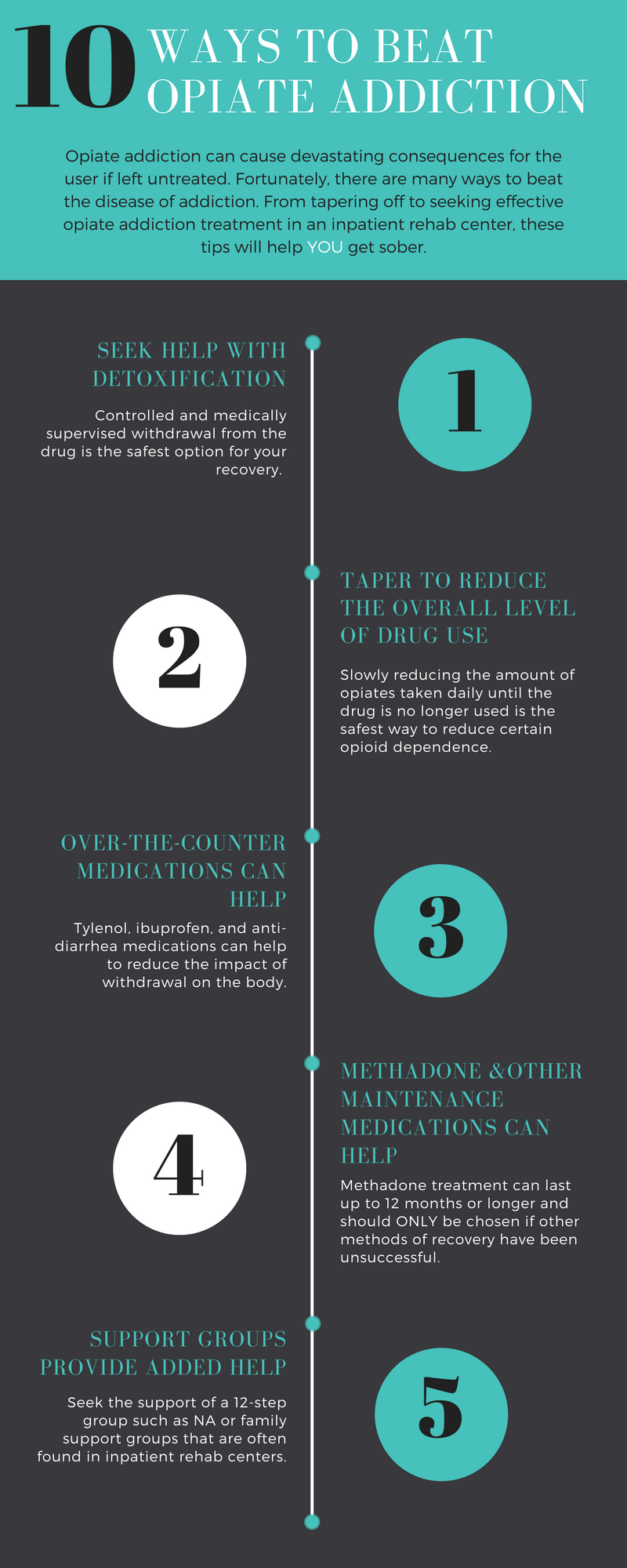Discover The Key To Developing A Durable Aftercare Strategy Complying With Drug Rehab And Unlock The Door To Continual Success
Discover The Key To Developing A Durable Aftercare Strategy Complying With Drug Rehab And Unlock The Door To Continual Success
Blog Article
Produced By- https://www.techtimes.com/articles/271234/20220131/how-technology-can-help-you-get-rid-of-your-drug-addiction.htm 've completed drug rehab, and currently it's time to create a successful aftercare strategy to ensure your long-term healing.
Image this: you're a person figured out to remain clean and construct a meeting life. This short article will certainly guide you with determining ongoing support group, incorporating treatment and therapy, and establishing healthy and balanced coping systems.
With these approaches, you'll be equipped to thrive in your trip of sobriety.
Allow's begin.
Identifying Ongoing Support Equipments
You ought to identify at the very least 3 recurring support group to make certain a successful healing after drug rehabilitation.
The first support system is your friends and family. They can give emotional support, support, and help you remain accountable. They can additionally offer a secure and understanding setting where you can share your battles and victories.
The 2nd support group is your specialist or therapist. They can aid you resolve any type of underlying problems that may have added to your dependency and give advice on just how to stay clear of relapse. They can likewise instruct you dealing devices and healthy ways to take care of anxiety.
The 3rd support group is a support group or a sober community. Being bordered by others that are undergoing similar experiences can be incredibly beneficial. They can provide a sense of belonging, comprehending, and deal beneficial suggestions and assistance.
Incorporating Therapy and Counseling
To attain an effective healing, it is necessary for you to actively join treatment and counseling sessions, as well as incorporate them right into your recurring support group. By doing so, you can make best use of the advantages of these therapy modalities and increase your chances of preserving lasting soberness.
Right here are some crucial reasons why including therapy and counseling right into your aftercare strategy is important:
- ** Emotional Support: ** Therapy and therapy supply a safe space for you to share your thoughts, sensations, and has a hard time pertaining to your addiction. It allows you to work through any type of unsettled concerns and create healthy and balanced coping systems.
- ** Relapse Prevention: ** These sessions furnish you with the required tools and strategies to prevent relapse. They aid you identify triggers, create coping abilities, and establish a strong structure for managing yearnings and anxiety.
- ** Individual Development: ** Treatment and therapy facilitate personal development and self-discovery. They assist you obtain understanding into the underlying reasons for your addiction, improve self-esteem, and establish much healthier partnerships.
Creating Healthy Coping Systems
During treatment and therapy sessions, it's essential to actively service creating healthy coping systems in order to properly manage stress and challenges.
You require to identify and recognize your triggers, those things that cause you distress or anxiety. By recognizing these triggers, you can develop strategies to handle them in a healthy way. This could entail exercising deep breathing exercises, participating in exercise, or locating an innovative outlet to express your emotions.
It is essential to also surround yourself with a solid support system of loved ones that can give inspiration and assistance.
Moreover, self-care tasks such as getting sufficient sleep, eating well, and practicing relaxation strategies can substantially contribute to your total wellness.
Get More Information
In the trip in the direction of recovery, producing a successful aftercare plan resembles having a tendency to a fragile garden. Equally as a gardener nurtures each plant with care and attention, so as well should one cultivate ongoing support group, incorporate therapy and therapy, and establish healthy and balanced coping mechanisms.
By doing so, the seeds of recuperation will bloom right into a flourishing garden, giving a strong structure for a brighter, drug-free future.
